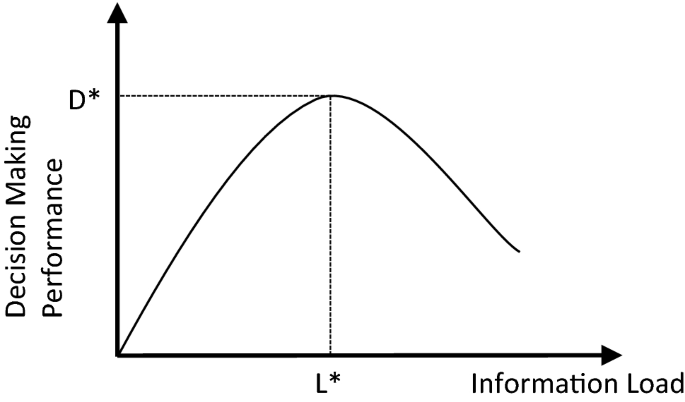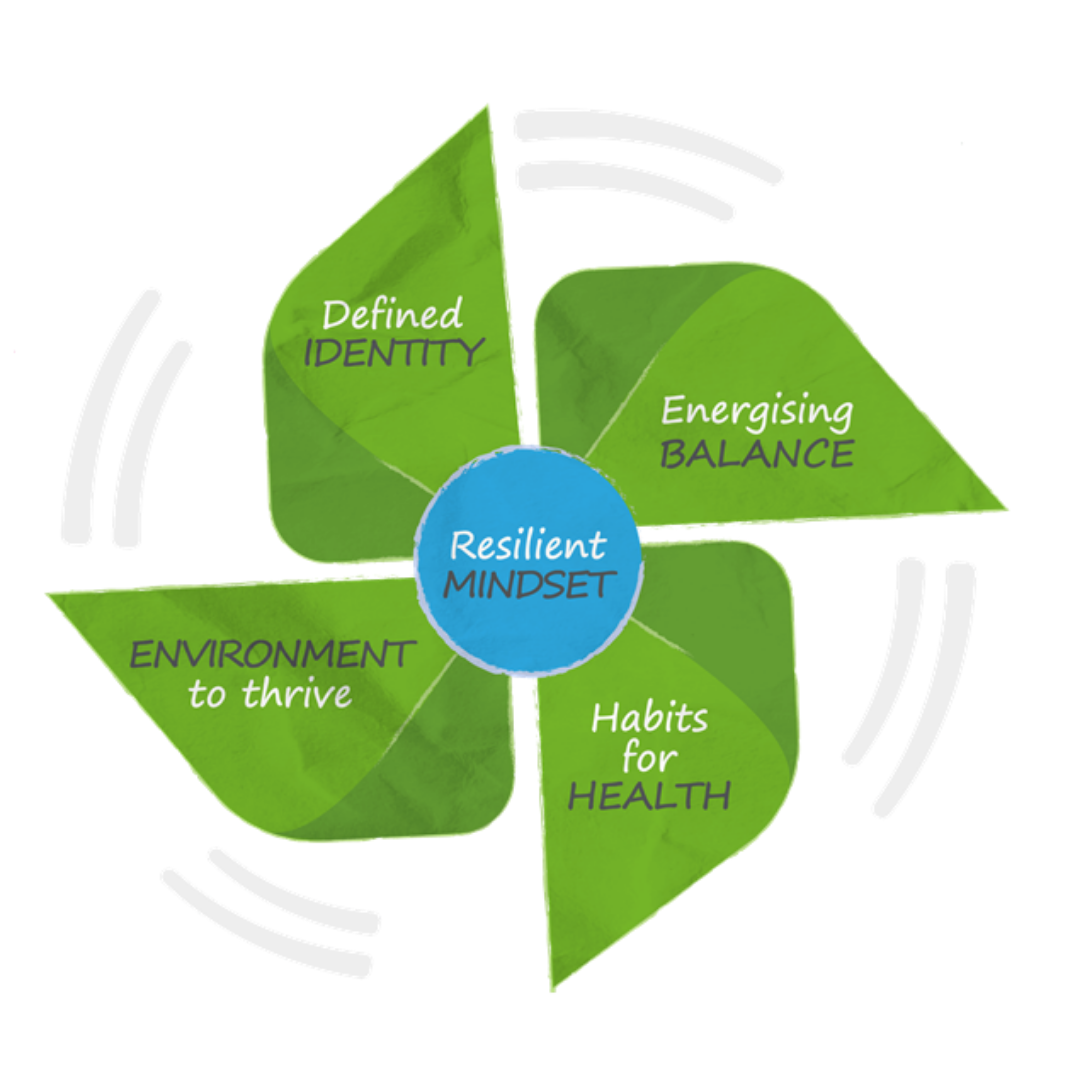Connect with us on LinkedIn for updates and the latest industry news
On my usual early morning scroll through Twitter, my eye was caught by a simple tweet ‘Am I alone in feeling overwhelmed by the number of podcasts and webinar opportunities I’m being presented with during lockdown?’ It piqued my interest as, rather like a revelation that you’ve never watched Saturday Night Takeaway, it felt like a tweet that reflected my inner thoughts, but one that I didn’t voice, unsure of reaction.
There are currently over 900,000 podcasts, with over 30 million episodes as of January 2020. And doesn’t it feel like it! Automatic downloading sees new podcasts delivered to your audio device daily, and it seems everyone has a favourite channel. The Twittersphere is awash with exciting and engaging webinar opportunities from sport icons, business experts, behavioural coaches and the personally passionate. You can learn a heck of lot in the comfort of your own headphones.
But many of us are at risk of Infobesity. Information overload is a real and present danger to our cognitive ability. It reduces our quality of decision making.

CREDIT: Information overload in the information age: a review of the literature from business administration, business psychology, and related disciplines with a bibliometric approach and framework development Peter Gordon Roetzel
How do we balance the desire for learning and fresh perspective, characteristics of a growth mindset, with the need to balance information overload?
![]()
Here’s a few thoughts that may help you strike a balance
- know your purpose. What is going to add value? Whether than be learning, relaxing, entertainment, fresh thinking… be clear what you want to gain before tuning in
- podcast or participate intentionally. If you are going to give time, really give time. Don’t multitask by reading emails or writing a presentation. Focus to ensure you get what you need.
- don’t series binge or FanFest. Examine the agenda or outline of every webinar or podcast and check it aligns with your purpose.
- be disciplined. Set a realistic amount of time that you can give to this activity, and stick to it. Don’t be afraid to politely dial out of webinars if they are overrunning and you’ve committed to managing your time.
- park the FOMO. Accept we can’t all make time for everything. Use your network to buddy and share their learning, or key insights. Ask the hosts of the webinars for key summary points, rather than feeling you have to participate in every opportunity.
And finally, recognise that ‘one more insight is often enough’. At a recent webinar I DID attend, Kirk Vallis (Global Head of Creative Capability at Google) defined creativity as the ‘desire to find just one more option’. “It’s not about hundreds of options. It’s about spending a few moments on divergent thought – getting expansive before getting reductive. And then move forward and execute.’
I think this point circles back to the inherent risks of Infobesity from Roetzel’s research and the potential impact on our decision making. We have to know when to switch off the podcasts, decline the webinars and ‘get reductive’, to clarify our own thoughts, beliefs and values. And just as importantly we need to ensure we make space to spot changes in our personal and collective landscape that challenge that clarity, and allow our growth mindset to seek new data points, new insights and new perspective with fresh enthusiasm and personal passion.





